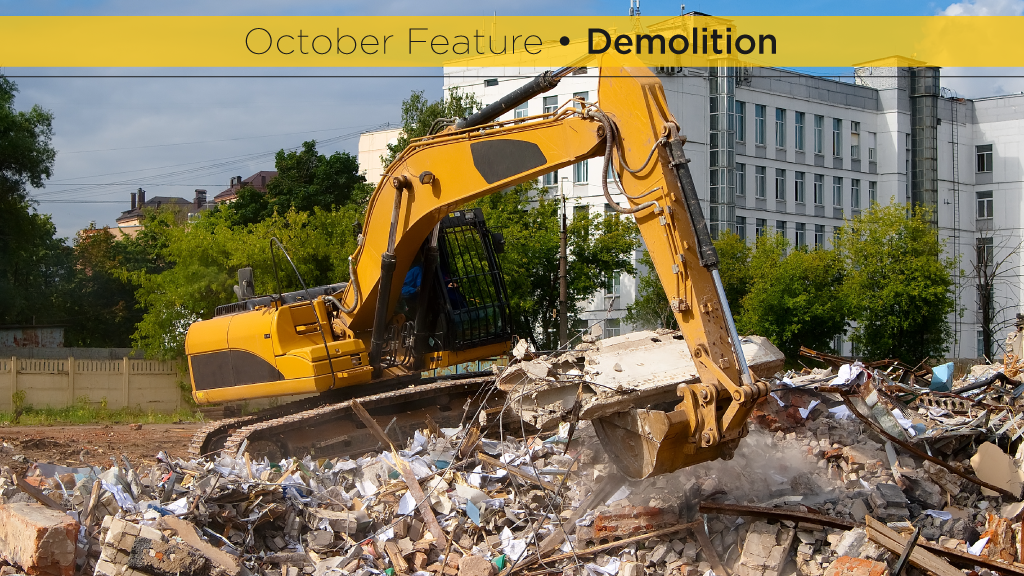Winnipeg is having a record-breaking year, but it’s not the kind most residents want.
As of mid-September, Winnipeg fire crews had responded to 104 fires in vacant buildings, up from 84 in 2022 and 64 in 2021.
The fires have resulted in damage and debris in central areas of the city and the north end that is unsightly and dangerous.
For example, a property not far from Winnipeg’s biggest hospital remains covered in debris after fire destroyed a three-storey apartment block in February 2022.
A neighbourhood association in the north end says more than 60 homes in the area are boarded up due to fires and about 15 properties have been reduced to rubble. That’s a lot of destruction in a relatively small area.
According to the Winnipeg Fire Paramedic Service, the city is “extremely high” compared to other Canadian jurisdictions ranked by the number of structure fires per capita.
“There are so many damaged and demolished buildings that it’s a subject of conversation among Winnipeggers,” says Jino Distasio, professor of urban geography at the University of Winnipeg. “When there’s been a fire and there’s a burned out building, the neighbours want the site cleaned up and another building put up in its place. But too often the debris just sits there without being removed.”
Distasio says there are esthetic aspects to the problem in addition to safety concerns.
“Besides the structural damage, there’s a psychological blow to the neighbourhood and the rest of the city, when residents see the amount and degree of neglect,” he says.
Getting the debris from demolished and damaged structures removed can be complicated in Winnipeg, for regulatory and financial reasons.
According to a recent city report on clearing debris from demolition sites, the property owner is “ultimately responsible for remediating the site back to a condition that complies with all applicable bylaws, including the completion of a full demolition project with the appropriate permits.”
Even with an owner’s best intentions, however, remediating a property can be held up by a lack of insurance, financial limitations, or if the person or corporation responsible for the property goes out of business or dies.
Cleaning up a property might also not be worth the cost, especially if hazardous substances, such as asbestos or toxic chemicals, have been found on the site.
In addition to the cost of handling hazardous materials, the volume of materials (single-family dwelling or large commercial building) and type and weight of materials (wood, steel or concrete) can lift the cost of remediation above the value of the property.
Most of the properties that have been damaged or demolished are old, in poor neighbourhoods and of limited value, unlike the costs of remediation, which are very modern and up to date.
If the city orders a property owner to clean up a site and he fails to comply, Winnipeg is free to take any action it needs in order to bring the property into compliance and apply those costs to the owner’s property taxes.
And if the owner of the derelict property defaults on property taxes, the city can take steps to acquire the property in a tax sale.
But money comes into the picture again, because the costs related to remediation undertaken by the city could exceed the updated value of the property.
Remediation could involve asbestos removal, basement excavations and other expensive efforts that are not in the current city budget.
So, taking over demolition cleanups could end up being a losing financial proposition.
Nevertheless, Coun. Cindy Gilroy says the city should step in to do the work if debris remains on a site for six months or more, then add the cost to the owner’s property tax bill.
Gilroy says city staff should set up a reserve fund to help pay for it.
Coun. Evan Duncan, chairman of the community services committee,
says the city should look into whether it can afford taking over cleanup efforts on a case-by-case basis, perhaps by having property and development officials assess each job.
In any event, he agrees further action is needed.
“We can’t continue to have piles of debris or vacant buildings that should be demolished sitting around,” says Duncan. “There’s an important safety issue here. Transients can get into the buildings and set fires, or a child can go in and get injured.”
Winnipeggers deserve better, he says.
“But it’s hard to make big changes,” says Duncan. “The city is doing its best under difficult circumstances.”









Recent Comments
comments for this post are closed